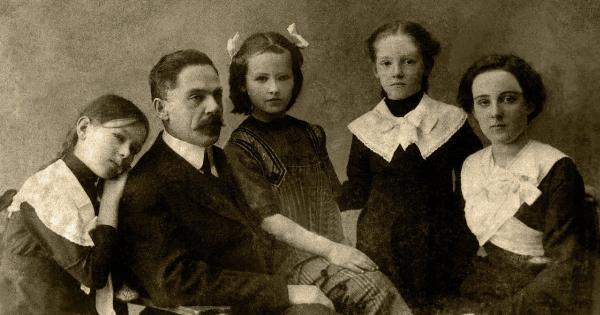Ebola is a highly contagious and often deadly virus that spreads through contact with the bodily fluids of an infected person. The 2014 outbreak of Ebola in West Africa killed more than 11,000 people and infected thousands more.
While many who contract the virus do not survive, those who do survive Ebola can suffer from a range of long-term health problems that can lead to a higher likelihood of early demise.
Long-term health problems for Ebola survivors
Survivors of Ebola can experience a range of long-term health problems, including:.
- Joint pain
- Muscle pain
- Headaches
- Eye problems, including light sensitivity and vision loss
- Hearing loss
- Depression and anxiety
- Chronic fatigue
- Difficulty sleeping
- Memory loss and confusion
- Post-traumatic stress disorder (PTSD)
These health problems can make it difficult for Ebola survivors to resume their normal lives and can lead to a higher likelihood of early demise.
Higher mortality rates for Ebola survivors
Studies have shown that Ebola survivors have a significantly higher mortality rate than the general population. One study found that Ebola survivors had a mortality rate of 50% higher than the general population, even after adjusting for age and sex.
The reasons for this higher mortality rate are not entirely clear, but some possible factors include:.
- Damage to the immune system from the virus
- Long-term health problems, such as chronic fatigue and depression, that can lead to a higher likelihood of early demise
- Increased risk of other infections and illnesses due to weakened immune systems
- Continued health problems related to the virus, such as joint pain and vision loss
Prevention and treatment
Currently, there is no specific treatment for the long-term health problems experienced by Ebola survivors. Treatment is generally focused on addressing specific symptoms, such as joint pain, depression, and vision loss.
Prevention measures, such as practicing safe sex and avoiding contact with bodily fluids of infected individuals, can help reduce the risk of Ebola infection.
Vaccines are also available for those at high risk of infection, such as healthcare workers and those living in areas with ongoing Ebola outbreaks.
Conclusion
Survivors of Ebola face a range of long-term health problems that can lead to a higher likelihood of early demise.
While there is currently no specific treatment for these health problems, prevention measures, such as practicing safe sex and getting vaccinated, can help reduce the risk of Ebola infection and improve outcomes for those who do contract the virus.




























